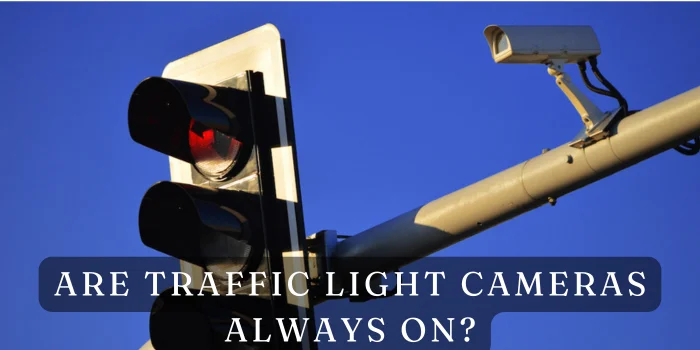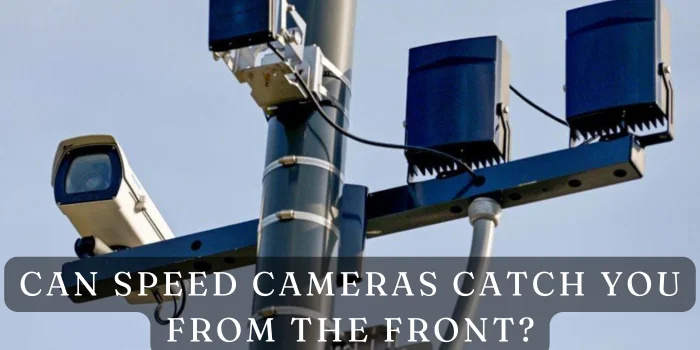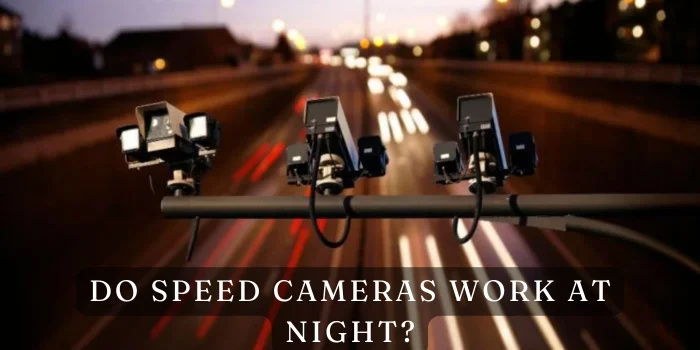UK Public Opinion on Traffic Cameras: Safety Saviour or Silent Spy?
Picture this: You’re driving through a 30mph zone, eyes flicking between the road and your speedometer. A flash blinks in your rearview mirror. Your stomach drops—was that a camera? For millions of UK drivers, this moment of dread sparks a fiery debate: Are traffic cameras guardians of safety or overbearing snoops? Recent surveys reveal a nation split down the middle. A 2023 YouGov poll found 49% of Brits support cameras as essential safety tools, while 44% label them “revenue-generating traps.” Let’s navigate this polarizing topic, exploring why these unblinking devices stir such strong emotions and what they mean for the future of UK roads.
What Are Traffic Cameras?
Traffic cameras are the UK’s digital traffic wardens. From speed cameras like the iconic yellow Gatso to red-light and ANPR (Automatic Number Plate Recognition) systems, they monitor, record, and enforce road rules 24/7. Their job? To catch speeders, reckless drivers, and uninsured vehicles. But unlike human officers, they never take a coffee break—or show mercy.
The Evolution of Traffic Surveillance
The UK’s first speed camera, installed in 1992 on the M40, used film rolls that required manual collection. Fast-forward to today: AI-powered cameras analyze behavior in real-time, and “average speed” zones track drivers over miles. This tech revolution has turned roads into data goldmines—but at what cost to privacy?
Public Opinion: A Nation Divided
The Safety Brigade
For many, cameras are non-negotiable lifesavers. “My sister’s accident happened near a school—cameras there now make drivers slow down,” shares James, a nurse from Birmingham. Data supports this: Transport for London reported a 22% drop in speeding violations after expanding camera networks in 2021. Proponents argue that even grudging compliance saves lives.
The Privacy Camp
Skeptics aren’t convinced. “It’s not about safety; it’s about profit,” argues retiree Margaret from Yorkshire, echoing a common sentiment. In 2022, councils collected £254 million in speeding fines, yet only 50% was reinvested in road safety. Add fears of constant surveillance, and you’ve got a perfect storm of distrust.
What Shapes These Views?
Personal Run-Ins
Getting fined changes perspectives. After receiving a £100 ticket, graphic designer Sam admits, “I felt like I was robbed, not educated.” Conversely, those who’ve lost loved ones to speeding often become camera advocates. Trauma and frustration tilt the scales.
Media’s Role
Sensational headlines (“CAMERA CASH GRAB!”) stoke anger, while government campaigns like THINK! highlight cameras’ lifesaving role. The result? A confused public torn between fear-mongering and factual messaging.
Urban vs Rural: A Tale of Two Britains
Cities: Cameras as Necessity
In London, where congestion cameras reduce gridlock and cut emissions, acceptance is high. “They’re part of the city’s rhythm,” says commuter Aisha. With 1,000+ cameras in Greater London alone, Reliance is baked into urban life.
Countryside Suspicion
Rural areas tell a different story. Villages like Todmorden protested new cameras in 2022, arguing they penalize locals for minor slips on empty roads. “We don’t need nannying,” insists farmer Derek from Devon. Here, cameras feel less like protectors and more like intruders.
Do Cameras Actually Work?
Accident Statistics: A Mixed Bag
While the Department for Transport links cameras to a 20% drop in fatal crashes since 2010, Critics argue better road design deserves credit. “Cameras treat symptoms, not causes,” says transport analyst Dr. Rachel Holt. Still, a 2023 RAC study found 63% of drivers brake near cameras—proof they influence behavior.
The Transparency Problem
Public trust nosedives when fines feel arbitrary. A Freedom of Information request revealed only 12% of councils publish clear breakdowns of fine spending. Until transparency improves, suspicion will linger.
Policy and Public Backlash
Changing Laws, Rising Tensions
Recent laws, like stricter penalties for phone use while driving, expanded camera use. But backlash followed. When Durham introduced mobile speed cameras in 2023, locals accused the council of “policing for profit.”
Campaigns Bridging the Gap
Initiatives like Safe Roads, Not Spy Cams aim to humanize camera use. By sharing stories of crash survivors, they reframe cameras as protectors, not punishers. Empathy, it seems, is the key to acceptance.
The Psychology of Surveillance
Driving Habits Under Watch
Cameras create “kangaroo zones”—drivers slam brakes near cameras, then speed up afterward. Yet studies show long-term behavior shifts: chronic speeders gradually slow down, fearing fines.
The Big Brother Effect
Even law-abiding drivers feel uneasy. “It’s like being stalked,” jokes teacher Liam. This Orwellian anxiety fuels resentment, especially among privacy-conscious Gen Z.
Case Studies: Lessons Learned
London’s Congestion Charge Win
Since 2003, London’s £15 daily charge (enforced by cameras) cut traffic by 15% and funded buses and bikes. Love it or loathe it, it’s a model of effective tech-driven policy.
Oxfordshire’s Camera Blunder
In 2020, Oxfordshire’s camera rollout sparked protests. Fines hurt small businesses, forcing the council to revise placements. The lesson? Community input is crucial.
The Road Ahead
Tech Innovations
Future cameras could predict accidents using AI, alerting drivers to hazards like ice or jaywalkers. Imagine a system that prevents tickets by nudging drivers to slow down—a shift from enforcer to ally.
Finding Common Ground
Balancing safety and privacy requires dialogue. As MP Sarah Jones notes, “Cameras should serve, not surveil.” Transparency about data use and fine spending could rebuild trust.
Conclusion
Traffic cameras are neither heroes nor villains—they’re tools. Their success hinges on public trust, smart policy, and ethical tech use. As roads grow busier and tech more advanced, the UK must ask: Can we design systems that protect without policing? The answer will shape not just traffic, but the soul of British communities.
FAQs
Do traffic cameras reduce accidents long-term?
Yes, but their impact is amplified alongside education and road improvements.
How can I check if a camera caught me speeding?
Fines arrive by post within 14 days. Check local council websites for appeals.
Are rural cameras less accurate?
No—all UK cameras meet strict Home Office standards, regardless of location.
Can cameras detect phone use?
New AI cameras in trial phases can, but widespread use isn’t yet approved.
Who decides where cameras go?
Councils and police collaborate, prioritizing accident hotspots and community feedback.





